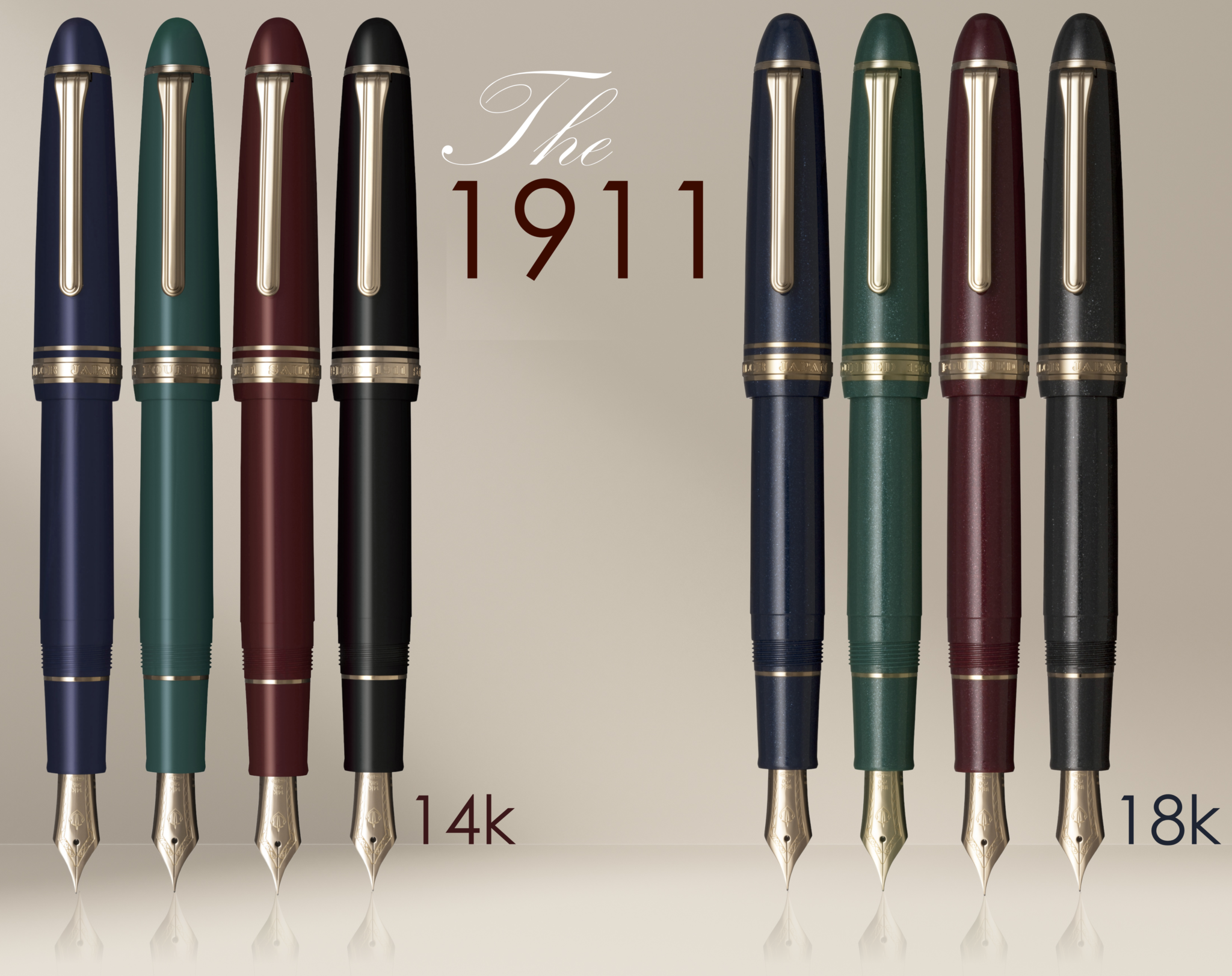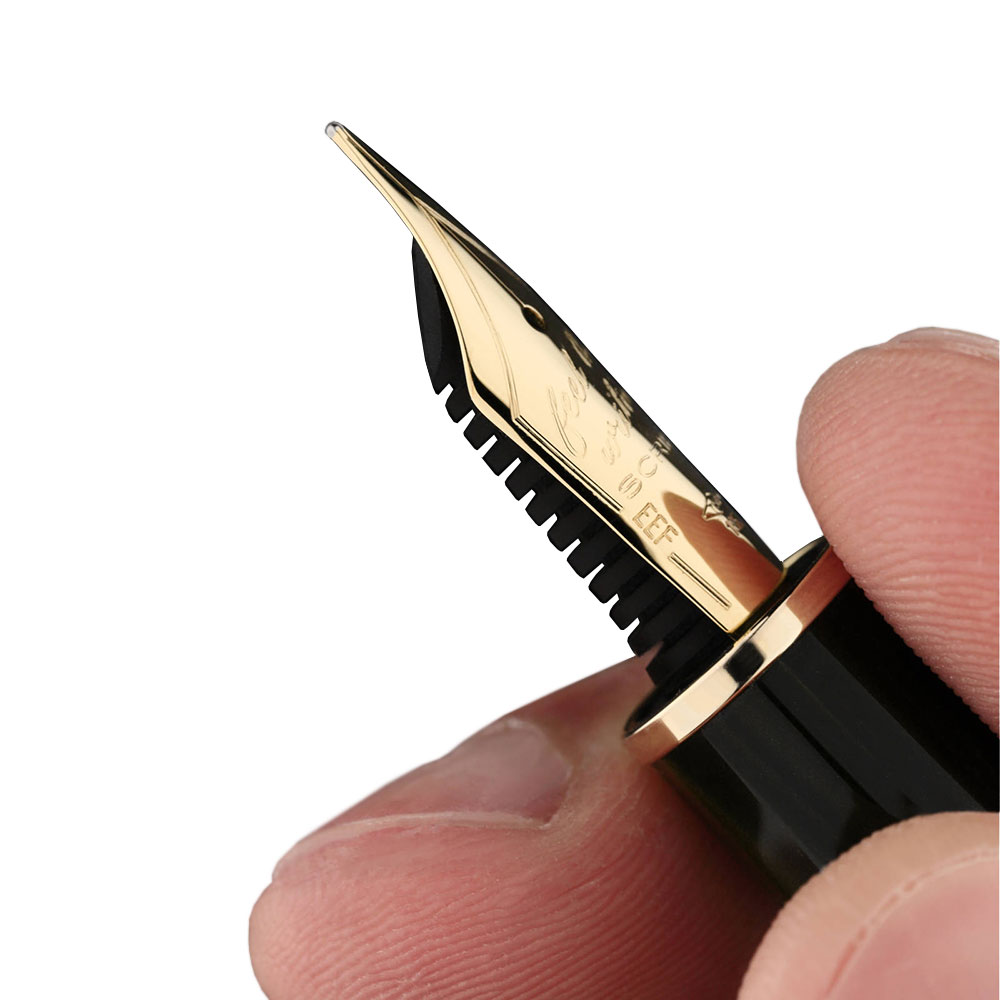Journaling or writing in a diary has existed for as long as there has been paper. Recording personal daily experiences, reactions to global events and intimate thoughts is a way of preserving the moment. Journaling can feel like an act as an exorcism, a spiritual cleanse or therapy, but is there a science behind it? What are the true science-based benefits of writing in a journal, for our mind and well-being?
Like all things to do with the self-care movement, journaling is a fusion of new-age thinking and proven science. In the last decade, science has come to acknowledge the link between the language centres of the brain, muscle memory and our perception. In ancient Greece, the citizens literally didn’t perceive the colour blue as we do now, because they didn’t have a word for it. When the word blue was developed and became common parlance, the perception centres of the brain were more readily able to distinguish it from the other colours. Language and words or the labelling of things make them real. In this respect, the act of writing down your thoughts observations and opinions allows your brain to rewire itself and better absorb new information.

In a 2018 article for the New York Times, Dr Pennebaker explained how labelling emotions and acknowledging traumatic events in a journal can have a positive effect on people. She goes on to say that the benefits extend beyond self-help to allow us to be more organised, healthy and functional. According to Dr Pennebaker, the act of writing helps to organise our minds and make sense of events. This organisation means our working memory improves, our brains become more focussed and we sleep better. The knock-on effect of improved sleep is that our immune system and mood improve. According to science, writing in a journal can literally heal you.

But is it better to hammer away at a keyboard or write by hand? In terms of anxiety relief, for a person whose daily work life involves being sat at a computer, journaling with the same keyboard may feel like work. The unique, rare, intimate and tangible nature of writing by hand in a journal elevates the experience, removing it from the 9-5 experience. This contrast from the ordinary allows more personal and insightful thoughts to make their way onto the paper.

Karin James, a psychology professor at Indiana University, conducted a study into the power of writing versus typing. Children were given a task that involved typing, tracing or drawing by hand with a pen. After the task, the children’s brain activity was assessed using an MRI. The children who had written the letters by hand showed more neural activity proving that physically writing letters engaged more of the brain’s neural pathways. The conclusion, writing stimulates and engages more of the brain than typing or tracing.
So next time you feel overwhelmed, anxious or overstimulated. Consider reaching for your Parker 51, opening your journal and letting your thoughts spill unguarded onto the page. For a moment you might feel like a teenage girl in a 90s sitcom, but stick with it and you’ll soon feel the health and mental benefits.
Journaling isn’t a novelty or a new age fad – it has been with us for centuries helping the good and great organise their thoughts and drive progress. It can help you too.
Condividi:
- Click to share on X (Opens in new window) X
- Click to share on Facebook (Opens in new window) Facebook
- Click to share on WhatsApp (Opens in new window) WhatsApp
- Click to share on LinkedIn (Opens in new window) LinkedIn
- Click to share on Pinterest (Opens in new window) Pinterest
- Click to share on Telegram (Opens in new window) Telegram
- Click to email a link to a friend (Opens in new window) Email




Leave a Reply